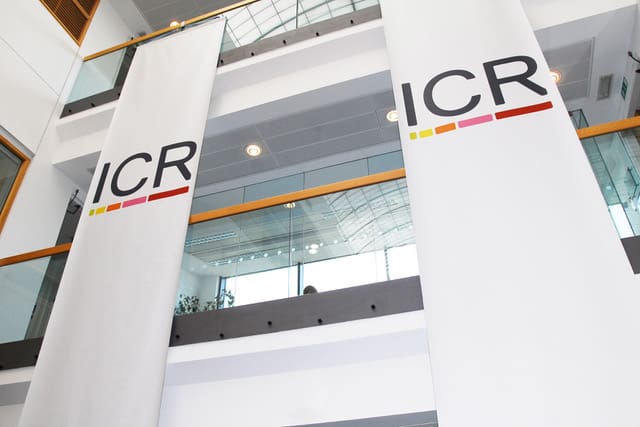Request Demo
ICR study reveals Lynparza could treat more advanced prostate cancer patients
16 Jul 2024
Clinical ResultClinical Study

Preview
Source: PMLiVE
Researchers from the Institute of Cancer Research (ICR)Cancer Research (ICR) have revealed in a study published in the Journal of Clinical Investigation that an existing targeting drug could successfully treat more individuals living with advanced prostate cancer.
In the UK, prostate cancer is responsible for around 12,000 deaths every year.
In advanced prostate cancer, abnormal cells begin to spread and grow in surrounding tissues or organs, as well as other areas of the body.
According to previous research, up to 30% of men living with the advanced disease have tumours that contain defects in repairing DNA, some of which respond well to PARP inhibitor drugs, including AstraZeneca and Merck & Co’s – known as MSD outside the US and Canada – Lynparza (olaparib).
Funded by AstraZeneca, Prostate Cancer UK, Cancer Research UK, the Medical Research Council, Movember and the Prostate Cancer Foundation, researchers analysed biopsies from 124 patients living with advanced prostate cancer and found that RNASEH2B loss was common in 44% of patients, in at least 50% of their cancer cells, while 20% of patients experienced RNASEH2B loss in 75% of cancer cells.
The RNASEH2B gene plays a role in repairing certain forms of DNA damage and when it is deleted or ‘lost’ during cell division or replication, it no longer functions as it should.
In addition, researchers evaluated both pre- and post-treatment biopsy samples from patients living without BRCA1 and BRCA2 mutations (tumour suppressor genes) who participated in the TOPARP-A and TOPARP-B clinical trials conducted by the ICR’s Clinical Trials and Statistics Unit and found that the number of cells with RNASE2B loss decreased in 13 out of 18 patients following PARP inhibitor treatment, while six of 18 patients experienced a decline in circulating tumour cells – three of which benefitted from relapse-free survival between eight and 22 months.
These new findings could lead to further trials of Lynparza in prostate cancer to determine whether it could be targeted at a larger population of advanced prostate cancer patients with RNASEH2B aberrations.
For more details,please visit the original website
The content of the article does not represent any opinions of Synapse and its affiliated companies. If there is any copyright infringement or error, please contact us, and we will deal with it within 24 hours.
Indications
Drugs
AI Agents Built for Biopharma Breakthroughs
Accelerate discovery. Empower decisions. Transform outcomes.
Hot reports
Get started for free today!
Accelerate Strategic R&D decision making with Synapse, PatSnap’s AI-powered Connected Innovation Intelligence Platform Built for Life Sciences Professionals.
Start your data trial now!
Synapse data is also accessible to external entities via APIs or data packages. Empower better decisions with the latest in pharmaceutical intelligence.





